Dental technology is constantly advancing and changing. At Mid Michigan Smiles, we strive to make sure our patients get the latest and greatest advancements in dentistry. Dr. Raymond Ribitch, a dentist in Mt. Pleasant, MI, discusses what you can expect from laser dentistry.
What is Laser Dentistry?
In the dental field, a laser can take the place of a variety of different instruments. Drills and needles are two of the items that can trigger the most dental fear. With laser dentistry, these can be replaced with something that’s less invasive, quieter, and more comfortable. Both hard and soft tissue lasers are available, dealing with two different types of procedures.
Soft Tissue Lasers
Soft tissue lasers are most commonly used on the gums. Gum recontouring, also known as crown lengthening, is a cosmetic dentistry procedure to get rid of a gummy smile. It brings an ideal balance between your gums and teeth. It’s also commonly used for periodontal therapy, eliminating the effects of gum disease and inflammation.
The gums aren’t the only place a soft tissue laser can be used. If you have cold sores or a benign tumor is discovered, a laser can be used to precisely target the exact area that needs attention. Common in younger patients, tongue-tie can occur when the tissue connecting the tongue to the base of the mouth is especially short or thick. A laser can be used for a frenectomy, allowing more range of motion in the tongue.
Hard Tissue Lasers
Hard tissue lasers target the tooth enamel and bone that are in the mouth. In particular, they’re used to treat tooth decay, perform root canals, and tooth sensitivity. Hard lasers usually use a combination of heat and water. The tooth is cut with the laser and water is used to cool it off. Like soft tissue lasers, they’re extremely precise and provide treatment with no drills.
The Benefits of Laser Dentistry
In addition to being an ideal method for those with dental anxiety, laser dentistry comes with a swath of benefits. Because of the heat used, a laser sterilizes as the procedure is being performed. This is what makes it ideal for treating gum disease. You’re less likely to get infections from procedures where a laser was used.
The laser also helps to heal as it goes along. There’s less blood during laser procedures and you don’t require sutures or stitches after. The healing and downtime of these procedures are reduced. You may not even need a local anesthetic to get the procedure done. It’s virtually painless and actually promotes the healing process in the body.
Laser Dentistry at Your Mt. Pleasant, Michigan Dentist
Do you want to explore the benefits of laser dentistry for your next dental procedure? Call us or schedule an appointment online.
